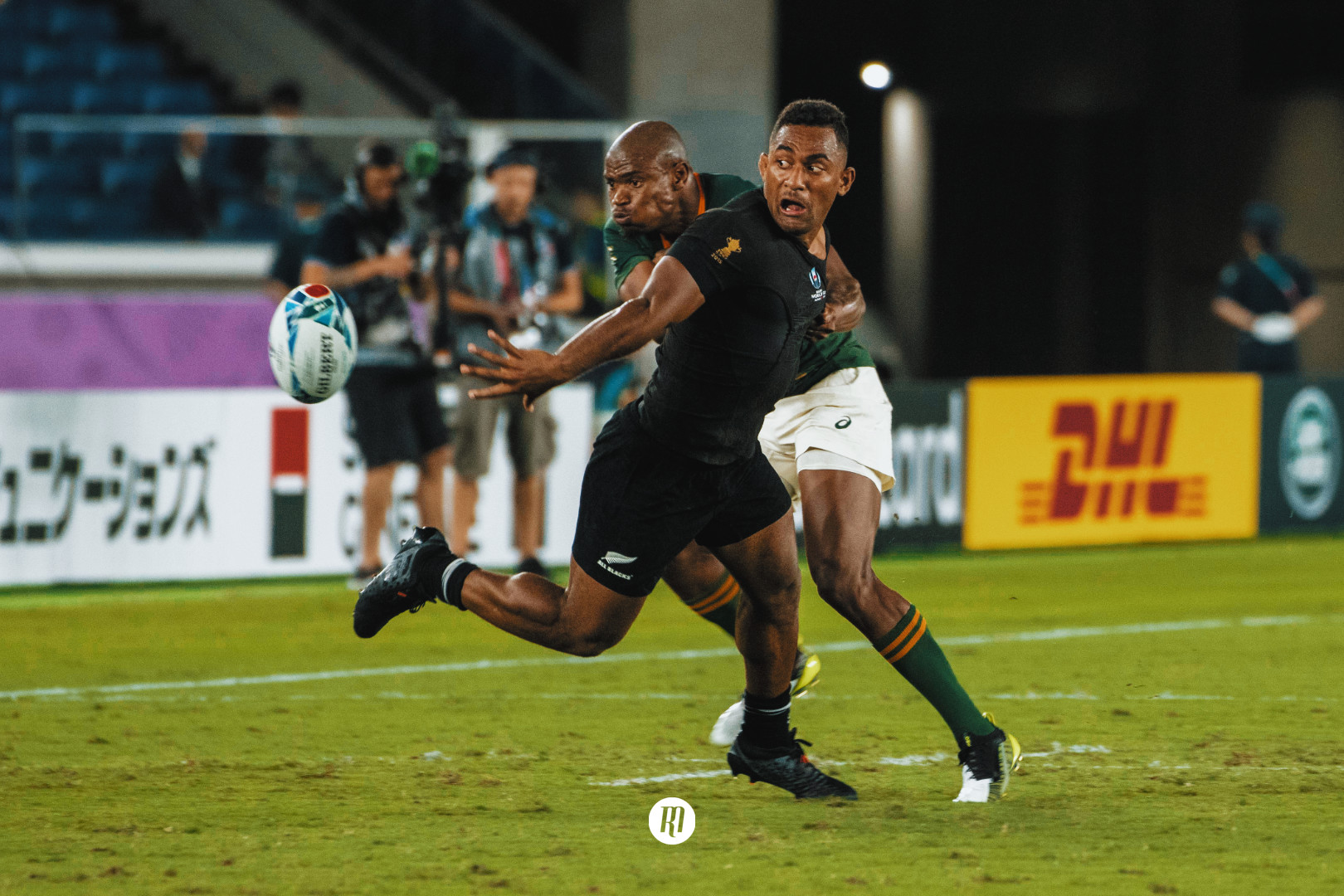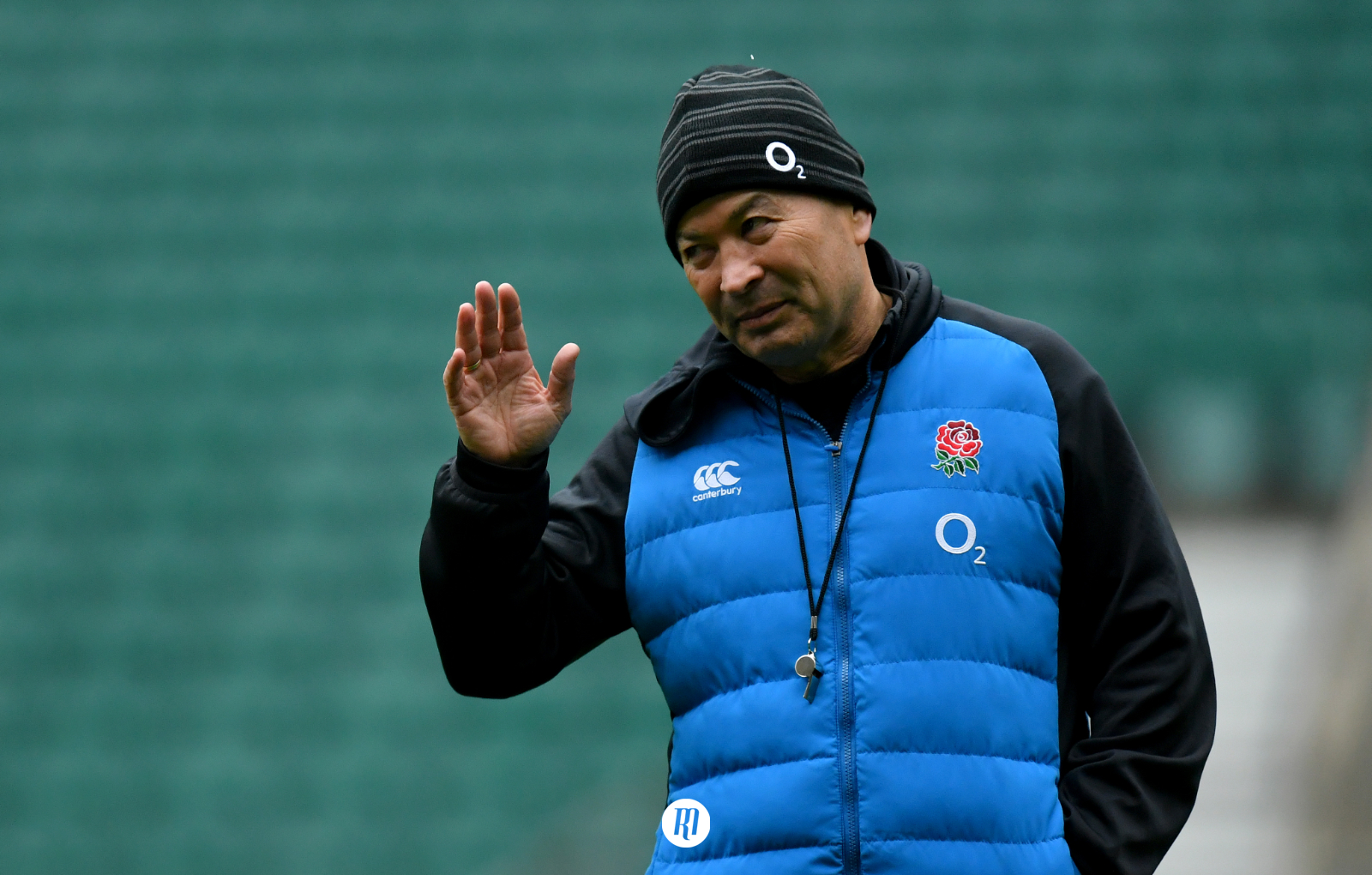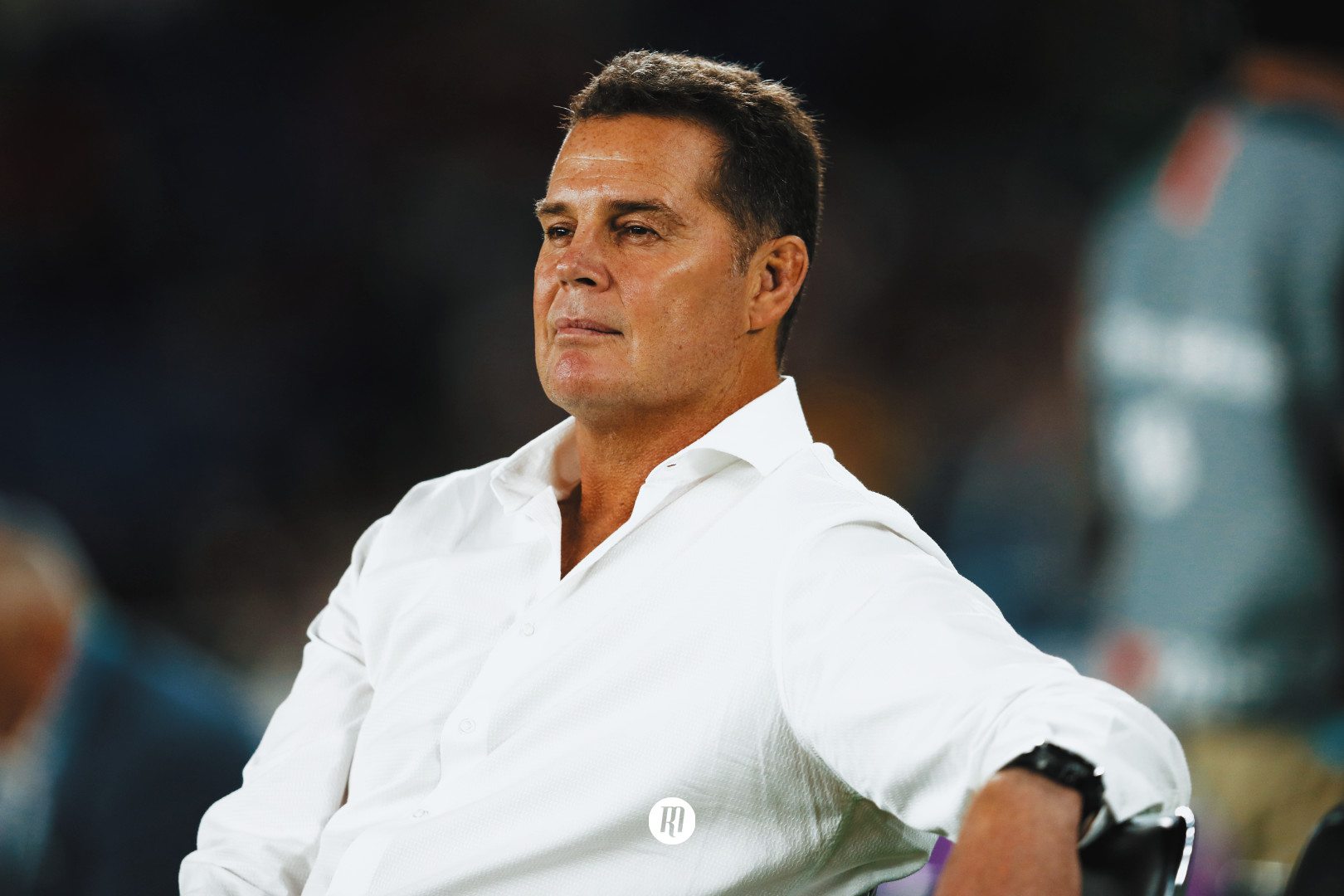What next for England Rugby?
England have crashed out of the World Cup and became the first hosts to do so at the group stage. Edward takes a look at what led to their capitulation and whats next for a rosier future.
After suffering a humiliating 33-13 defeat to the Wallabies, England have crashed out of their own World Cup. What went wrong? What is next for England Rugby?
When Stuart Lancaster was appointed as England Head Coach back in 2011, the team had suffered the humiliation (albeit less than now) of leaving the World Cup at the quarter-final. Always considered one of the better teams in the world, England seem to have been regressing ever since their World Cup win back in 2003, not least after that showing under Martin Johnson in 2011. At the time, England needed belief and energy, and Stuart Lancaster gave it to them in spades; they chased down lost causes and fought to the bitter end, and no one epitomised this more than captain Chris Robshaw. There was a new dawn for English rugby.
The first year of Lancaster’s tenure saw England achieve second place in the Six Nations and come close against South Africa over the summer before beating world champions New Zealand at Twickenham in December. However defeats to Australia and South Africa during the autumn tests that year sufficiently handicapped England enough in the world rankings to be drawn alongside Wales and Australia in the World Cup.
It would be easy to suggest here that the seeds of this World Cup defeat were planted way back in 2012, but at the time, the outlook for England rugby was one of optimism. England fought bravely, took the game to the opposition and were a much more energetic team than they had been previously. Indeed this is one of the defining features of the entirety of Lancaster’s tenure, and is certainly something they have carried through this World Cup.
As Lancaster’s early time in charge progressed, the optimism continued, not least with another strong showing and second place finish in the Six Nations in 2013. This was an England team in transition, and based on these early performances there was a lot of hope that they would mature and become a team capable of winning the World Cup on home soil.
Nothing has moved on since then though, and the England team are still in transition. What are they transitioning to though? This is one of the key points that has overshadowed Stuart Lancaster’s time in charge; a lack of identity on the field that would dictate how the team would play, and how the players would fit into that system.
As time has gone by, this lack of identity has manifested itself into indecision and increasingly erratic selection, leaving a team that should have blossomed into the World Cup still deciding what their centre partnership should be. England left some game changing players at home, and those they did take were left out of the match day squads.
The choice to include Burgess has divided many people, and it is hard to say whether that gamble truly failed due to everything else going on. The persistence in choosing a very direct midfield for each game was confounded by the lack of a ball playing midfielder; someone who plays on the front foot and puts those direct players into space. This isn’t how Farrell works, preferring to create space with his physicality. However, if you choose Farrell over Ford for his game management, you need to include someone who can open the game up from elsewhere on the field, which is why I was continually surprised not to the see the inclusion of the enigmatic Henry Slade, who performed incredibly well in the warm up test against France.
England struggled against Fiji, but picked up a bonus point win after the Fijian legs had tired, before struggled against a bloodied and bruised Wales side. The final nail in the coffin against Australia should really have come as no surprise given the way England had been playing.
The desire of the players is something that cannot be called into question. Everyone of them was motivated and relentless in their endeavours, but it has always struck me that they were never entirely sure what those endeavours were.
As I mentioned above, the desire of the players is something that cannot be called into question. Everyone of them was motivated and relentless in their endeavours, but it has always struck me that they were never entirely sure what those endeavours were. Winning, of course, but how to win? How were England going to beat their opposition? It is this lack of philosophy that has blighted the tenure of Stuart Lancaster.
England have never seemed to play with a great deal of freedom under Lancaster, proving during the World Cup to be very one-dimensional. I’ve talked about the directness of their midfield and the lack of a ball playing midfielder, however these choices also effect how the back three are brought into the game, and with little creativity in the centre the wide men found it hard to break the line. Indeed the forwards were equally constrained, where I often felt that their time with the ball was never truly building towards anything; they were going through the motions. They weren’t attacking the ball from deep, often taking it from a standing start, before ploughing up the middle of the field and hitting the man in front of them rather than the gap; they never seemed to draw the opposition defence in. When they did, they were too slow to the breakdown and often lost the ball, something which has been apparent over the last few years.
The current pool of English talent is perhaps the best there has been since the build up to 2003, and the emergence of George Ford, Henry Slade, Jonathan Joseph and Anthony Watson alongside other young members of the England squad shines a lot of hope on the future. Having said that, it should also have shined a lot of hope on the World Cup for England. Despite having such attacking talent at his disposal, Lancaster persisted in very cautious team selections. Yes his strategy might be lacking in fluidity, but in a highly structured game plan you need the flair players to think beyond what is asked of them in order to turn the tide of a game; the problem was that these players were not on the field. Danny Cipriani stayed at home, George Ford remained on the bench, and Henry Slade was stuck somewhere in between.
Moreover, England seem to handicap themselves further by refusing to select overseas based players. This is a contentious issue, with many suggesting that choosing money over your country is reason enough not to select you. While this is a strong argument, England have missed out on two European Players-of-the-Year, one of which is the world class open side that England so desperately need.
If England are to move to the next level and pull themselves from their lowest ever position of 8th in the world rankings, something needs to change. With the quality of talent at the disposal of the coaches, it is hard to place any blame at the feet of the players. While we are not on the training ground to see exactly what is happening, we can at least see the fruits of these endeavours on the field where the lack of philosophy and direction becomes extremely apparent. Ultimately this resides within the coaching setup, and finally with Stuart Lancaster.
Many people are divided on whether he should stay or go. Failure helps make you stronger, you learn from it, but should you be learning at a World Cup? Managing at international level should be the culmination of you career. Put Lancaster up against his Pool rival Michael Cheika and he comes up short in experience; Cheika has won the Heineken Cup with Leinster and the Super Rugby title with the Waratahs. Lancaster has won the English second tier, as well as U20 titles with England. He has always shown promise, but doesn’t have a rich top level rugby heritage in coaching.
The fallout from the World Cup will undoubtedly see a calling for revolution, but I think an evolution should take place; someone needs to grab the rose by the thorns and decide who England want to be.
The fallout from the World Cup will undoubtedly see a calling for revolution, but I think an evolution should take place; someone needs to grab the rose by the thorns and decide who England want to be. Once England have a philosophy, everyone can buy into it and work in the same direction. That might be with Stuart Lancaster, it might not.

Filed under: Rugby World Cup, England
Written by: Edward Kerr
Follow: @edwardrkerr · @therugbymag



